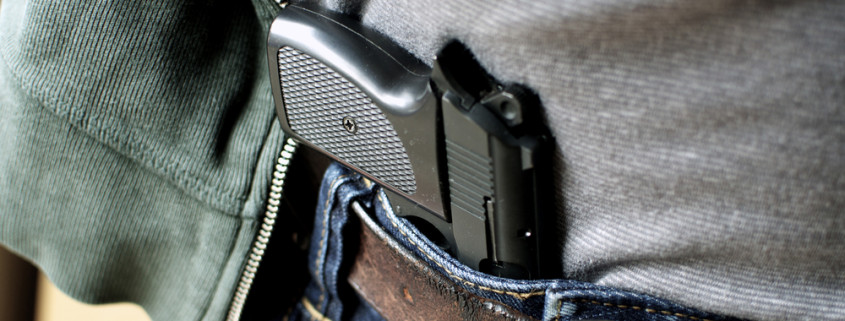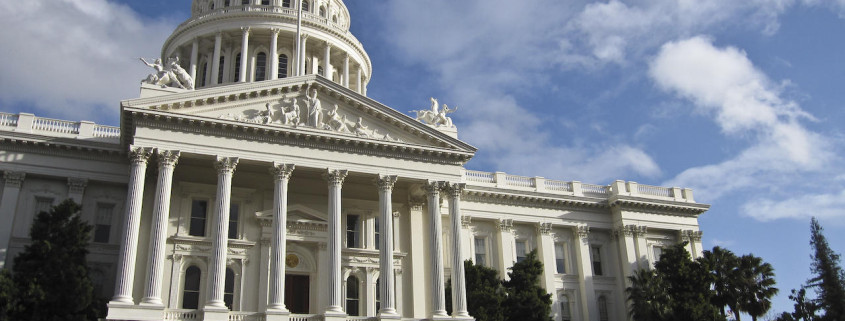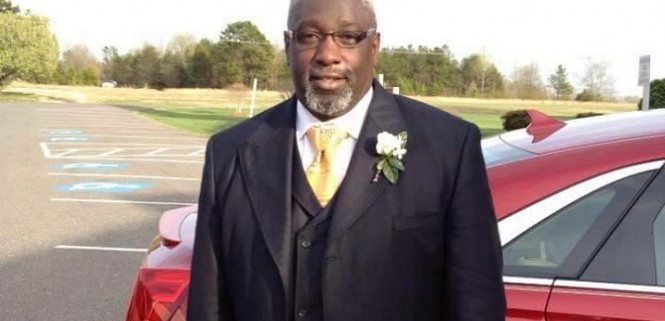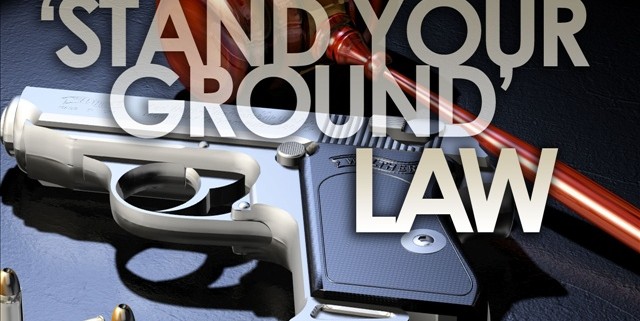In 2013, as Detroit sank into bankruptcy due to Democratic policies, Chief of Police James Craig surprisingly made the commonsense suggestion that, given shrinking police resources and a spike in violent crime, residents should take a hand in their own personal security by purchasing a firearm.
Since then, there has been a substantial increase in gun ownership in the city and not unexpectedly there is some indication that this has led to a decrease in some categories of crime.
Fox News:
“When you look at the city of Detroit, we’re kind of leading the way in terms of urban areas with law-abiding citizens carrying guns,” Craig said recently.
The chief’s call to arms, which first came in December, 2013, has been answered by thousands of men and women tired of being victims and eager to reclaim their beleaguered city. In 2014, some new 1,169 handgun permits were issued, while 8,102 guns were registered with Detroit’s police department – many to prior permit holders who bought new firearms. So for in 2015, nearly 500 permits have issued by the department and more than 5,000 guns have been registered.
“There’s definitely been a “Chief Craig” effect,” Rick Ector, a firearms instructor who runs the blog Legally Armed in Detroit. “His support and endorsement has been helpful.”
Obtaining a concealed-carry permit in the state of Michigan is not difficult compared to states with stricter gun laws. Eligible citizens can meet the state’s training requirement in eight hours, and firearms academies and gun shops within the city offer one-day courses for as little as $99.
Ector said that he and other instructors have seen a steady rise in locals looking to get a permit, to protect themselves either on the street or in their homes. While data showing a relation between increased gun ownership and the crime rate is not available, Ector said legally armed residents are having an effect.
Home invasions have gone down,” he said. “A huge reason was that there was a huge spate of homeowners using their guns against intruders. More people have guns and it’s making burglars cautious.”
The firearms instructor said women are driving growth in his business.
“It used to be that we would only have one or two women in a class,” he said. “Now we are seeing much, much more. This past May, I held a class where we trained 300 ladies.”
Detroit is more than 80% black and there has been a remarkable change in the attitude of black people toward gun ownership:
With a population of about 680,000, some 83 percent of which is African-American, Detroit’s growing embrace of Second Amendment rights has a racial component that is not unique to the city. According to a recent survey from Pew Research Center, 54 percent of African-American residents nationwide now see legal gun ownership as more likely to protect people than to put their safety at risk. That figure was up from 29 percent two years ago.
“If anyone should have the right or need to carry a gun, it should be the African-American community,” Philip Smith, founder of the National African American Gun Association, told Reuters.
What’s changed in 2 years? There has been a spike in crime in big cities the last few years and blacks, like any Americans, see their personal safety in terms of what they can do for themselves. Relying on the police to come save you when someone is trying to break into your home is suicidal. Better to have protection at hand to deal with an intruder yourself.
Is this a trend? Zealous, anti-gun prosecutors will prosecute citizens who use their personal firearm for protection, but that doesn’t seem to deter people from exercising their Second Amendment rights. Restrictive gun laws aside, citizens will almost always choose being safe over getting in trouble with the law.
As Patrick Henry once said, give me Liberty or give me death.












